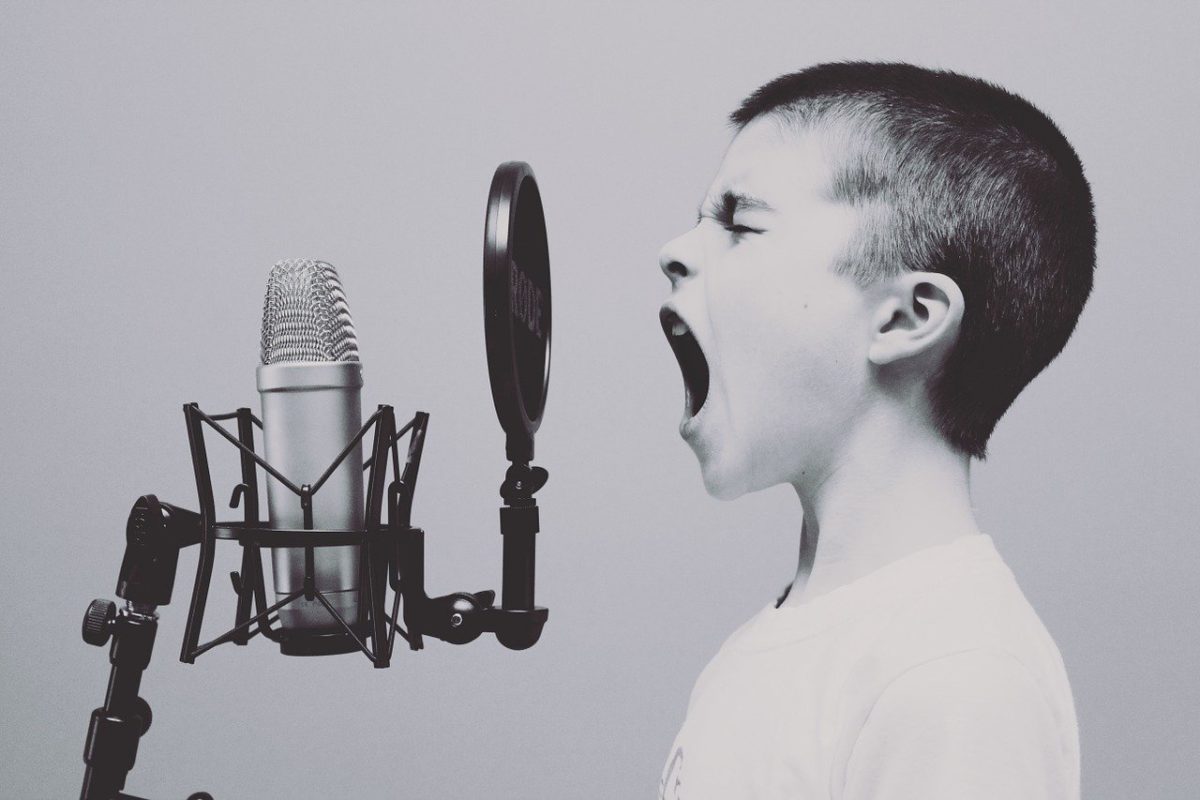Finding out something is off with your child can be discouraging, so much so that some parents have a difficult time believing that their children are having a hard time hearing. Hearing loss detection is easy for children who have not developed their speech and much harder with older children. Often, when hearing deficits occur, the person with the loss believes that they can still hear properly and only notices the slight changes until they try to listen to a soft sound or someone whisper.
Identify The Signs
There are several signs to look for when it comes to hearing loss in children, and some are more subtle than others. If your child seems to hear you sometimes and at other times (especially when there is background noise) they can not hear you, your child may have hearing loss. This sign is often ignored because parents think their children are just ignoring them. But if this is an everyday occurrence it could mean that there is something wrong.
If your child starts listening to the television at a higher volume level than other members of the family, this could indicate a hearing issue. Speaking loudly all the time is another indication of hearing loss.
Children can be shy and not want you to know that they are having a hard time listening in school. Teachers are trained to pay attention to signs of hearing and vision loss in children. If a significant loss occurs, children often fall behind in school because they are unable to hear the lectures. You may also notice that the child is paying more attention to your lips, and trying to understand what you are saying by reading your gestures.
Brainstorm Next Steps
If you believe that your child is experiencing difficulties hearing you should call your Family Doctor or a General Practitioner. They will want to see the child for a routine visit. The practitioner can recommend a clinic that specializes in hearing tests for children of all ages.
Hearing clinics can remove any earwax that has built up in your child’s ear canal and perform hearing tests. Hearing tests are not painful or invasive. The appointment should take anywhere from one to two hours and if there is a deficit the specialist will prescribe an assistive device.
Explore Hearing Devices
Hearing devices for children are made for their little ears. It is not likely that your child will stick out in school or get teased if they are wearing a device because most devices are almost invisible. There are in the canal devices that have a clear piece of plastic for removal. There are behind the ear devices that can be matched to the hair color of the child. Most children these days are using iLearn devices in school. These devices are sometimes Bluetooth capable and can pair with newer model hearing aids so that your child won’t need special headphones. Molded headphones are also available at most clinics.
Worrying about your child’s welfare is a never-ending job for a parent. Children are fragile and to give your child their best chance at success you must give them the tools they need. If a hearing device is what the doctor prescribes, don’t be scared of the price. Clinics have been known to offer payment plans and other finance options. Pay attention to the signs and symptoms of hearing loss in your child and even if you have a gut feeling that you should take your child to the doctor just for a routine hearing test, make an appointment. The longer you wait, the more damage can occur.




